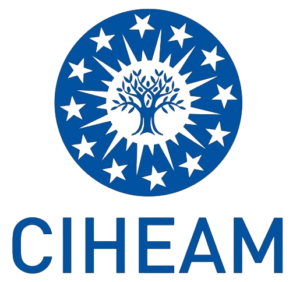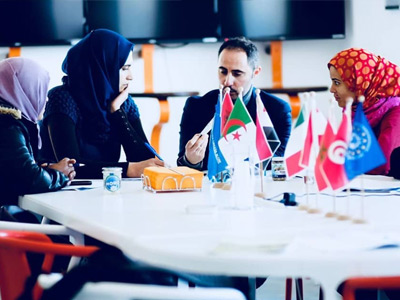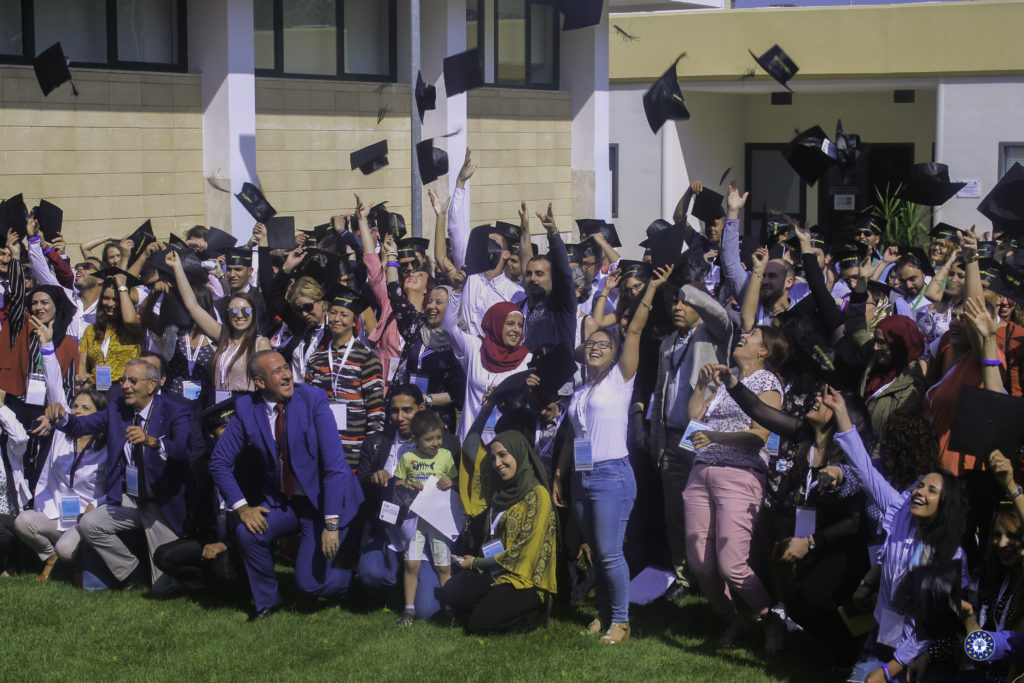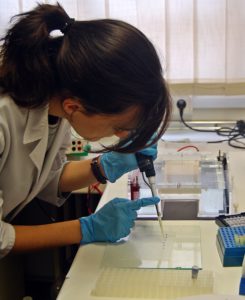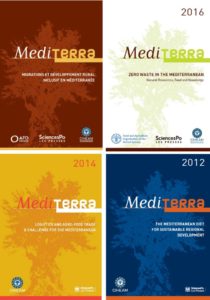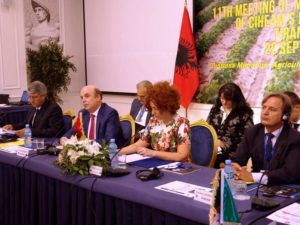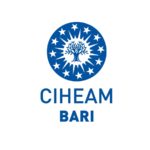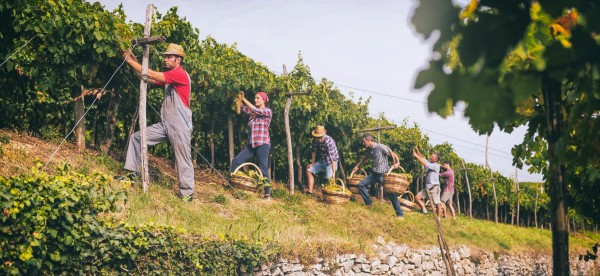
FAO Brussels Dialogue
Strengthening family farming-centred food systems
Pathways for global transformations Jointly organized with the Portuguese Presidency of the Council of the EU 14 April 2021
16:00-17:30 (CET)
| 14/04/2021 (News of the FAO Liaison Office in Brussels) The role of family farming in promoting sustainable food systems was the central theme of a high-level, virtual dialogue held by the FAO Liaison Office in Brussels, in collaboration with the Portuguese Presidency of the Council of the European Union (EU). The event featured an exchange of experiences related to national strategies, programmes, and policies. Portugal's Minister of Agriculture, Maria do Céu Antunes, and FAO Deputy Director-General Beth Bechdol, took part in the dialogue designed, in part, to raise awareness of opportunities to transform food systems in the context of the United Nations Decade of Family Farming (2019-2028). This multidimensional issue is a stated priority for the Portuguese Presidency. "Family farming plays a fundamental role in the maintenance and cohesion of rural territories by structuring the economic and social fabric," said the Portuguese Minister. "Family farmers can play an important role in reducing the risk of rural poverty. Furthermore, family farming is a diversified and non-specialized activity, being very important in ensuring food security and more sustainability." "FAO is proud to team up with the EU in the global effort to support family farming and foster meaningful improvements in our food systems," said Rodrigo de Lapuerta, FAO Brussels Director, in a statement echoed by Deputy Director-General Beth Bechdol. "FAO stands ready to work with the EU to provide support and assistance in developing national policies and legislation to support family farming," Bechdol said. Other key speakers at this dialogue included Mihail Dumitru, Deputy Director-General, European Commission Directorate-General for Agriculture and Rural Development (DG AGRI); Michela Matuella, Acting Director Western Balkans, European Commission Directorate-General for Neighbourhood and Enlargement Negotiations (DG NEAR); Paolo de Castro, Member of the European Parliament and Member of the European Parliamentary Alliance against Hunger and Malnutrition; Plácido Plaza, Secretary-General of the International Center for Advanced Mediterranean Agronomic Studies (CIHEAM); Leonard Mizzi, Head of Unit for Sustainable Agri-Food Systems and Fisheries, European Commission Directorate-General for International Partnerships (DG INTPA); Alfredo Campos, Member of the International Steering Committee of the UNDFF, European Coordination Via Campesina (EVCV), and Begüm Keçici, Farmer and Local Solidarity-based Partnerships for Agroecology Network (URGENCI). 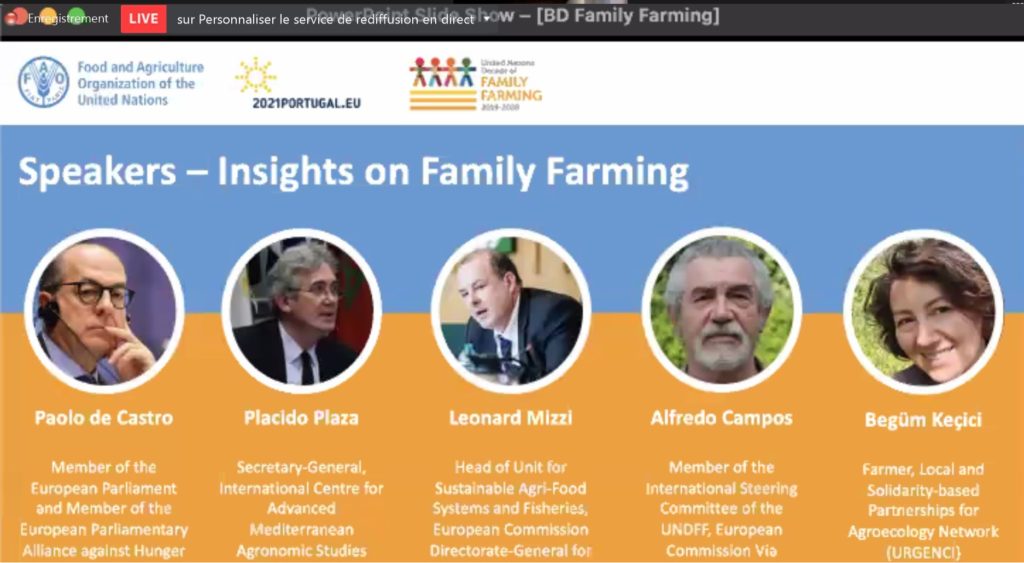 As the Dialogue came to a close, Member of the European Parliament and Member of the European Parliamentary Alliance against Hunger and Malnutrition, Francisco Guerreiro, said it was important “to give more and more to the farming community and the people working in family farming." The full recording of the event can be found here. |
Speech of M. Placido Plaza
Secretary-General of the CIHEAM
“ Your Excellencies, Ladies and Gentlemen, dear colleagues,
First of all, I would like to thank the FAO and the Portuguese Presidency of the EU for their invitation to participate in this meeting.
We are all the more sensitive to this invitation that Portugal is one of the CIHEAM Founding Member States and a country that is particularly invested in strengthening more sustainable food and agricultural systems.
The FAO and the CIHEAM have been collaborating for over 40 years. This strong partnership has generated significant knowledge and expertise on food security and safety, especially in support of a territorial approach to sustainable and climate-resilient agriculture and rural development.
At the intersection of these issues, the promotion of family farming is one of our common strategic goals. It is important to recall that in the South and East of the Mediterranean, family farming is a reservoir of jobs and labour, often employing more than 10% of the total population.
Our region is characterised by an agricultural dualism with, on the one hand, large estates or firms well connected to markets and, on the other hand, small family farms weakly connected to those markets, with unequal access to water resources, financing and increasingly alarming levels of poverty and lack of social recognition.
This lack of social recognition is often coupled with a lack of legal recognition, as heads of family farms and workers often lack legal status. These inequalities hamper family farmers’ innovation capacities, crucial for adapting to climate change and manage natural resources’ degradation and scarcity.
Under these conditions, the resumption of family farms becomes difficult. In southern European countries, 50% for holdings of more than 5 hectares are owned by farmers over 55 years old and this proportion rises to 64% for holdings of less than 5 hectares. The control of land by elder generations, as well as their reluctance to risk, discourage younger generations from developing innovative activities within family farms.
As a consequence, young people are hardly attracted to family farming and seek to ensure a better future in urban areas or abroad. Additionally, the place of women in family farming is still a major issue. Among the many indicators of inequalities between men and women, let’s recall that barely 5% of the total number of the region’s agricultural landowners are women. Therefore, a strong female potential has yet to be developed in family farming.
However, if the list of challenges is long, Family Farming has significant assets. It is resilient, sustainable and has significant development potential with demonstrated social and economic ripple effects:
- Better environmental practices
- Closer social and economic interaction between production processes and the territories
- More efficient short supply chains underpinning positive aspects of the Mediterranean diet
However, to develop this potential, Family Farming requires a more favourable social and legal status, as well as representative professional organisations to strengthen its advocacy power.
While questions about food sovereignty and economic diversification resurface to overcome the COVID19 crises, Family farming should capitalize on the digital revolution to make a qualitative and quantitative breakthrough.
Digital technologies provide more accuracy and efficiency to help solving the difficult equation “producing better with less”. They improve access to data, finance, as well as inputs and products, but also, products’ transparency and traceability with regard to food safety standards that often family farming still struggles to meet.
In order to help addressing these challenges, CIHEAM has joined forces with FAO and the UfM to set up and support the co-development of a regional platform on Mediterranean Sustainable Food Systems to foster progress on the 2030 SDG’s.
We hope that this platform will be an asset in bringing forward our joint vision of a renewed and ambitious Family Agriculture for the Mediterranean…and this will certainly require, more than ever, a stronger regional cooperation
Thank you for your attention.”


